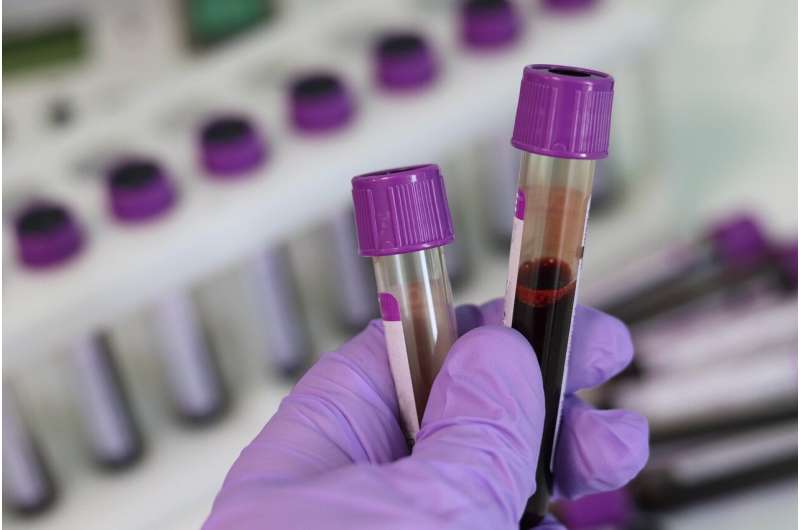
Having either high or low levels of high-density lipoprotein (HDL) cholesterol, or “good” cholesterol, is tied to a small increased risk of dementia in older adults, according to a study published in the October 4, 2023, online issue of Neurology. This study does not prove that high or low levels of HDL cholesterol cause dementia; it only shows an association.
“Previous studies on this topic have been inconclusive and this study is especially informative because of the large number of participants and long follow-up,” said study author Maria Glymour, ScD, of Boston University. “This information allowed us to study the links with dementia across the range of cholesterol levels and achieve precise estimates even for people with cholesterol levels that are quite high or quite low.”
The study involved 184,367 people from the Kaiser Permanente Northern California Health Plan, with an average age of 70 who did not have dementia at the beginning of the study.
For research purposes, they filled out a survey on their health behaviors and had their cholesterol levels measured during routine health care visits an average of 2.5 times in the following two years. They were then followed within the Kaiser health care system via electronic health records for an average of nine years. During that time, 25,214 people developed dementia.
The average HDL cholesterol level was 53.7 milligrams per deciliter (mg/dL). Healthy levels are considered to be above 40 mg/dL for males and above 50 mg/dL for females. Participants were divided into five groups based on their HDL cholesterol levels. People with the highest levels of HDL cholesterol had a 15% higher rate of dementia compared to those in the middle group. Those with the lowest levels had a 7% higher rate of dementia compared to those in the middle group.
These results took into account other factors that could affect the risk of dementia, such as alcohol use, high blood pressure, cardiovascular disease and diabetes.
The researchers found only a slight association between low-density lipoprotein, or “bad” cholesterol, and the risk of dementia.
“The elevation in dementia risk with both high and low levels of HDL cholesterol was unexpected, but these increases are small, and their clinical significance is uncertain,” Glymour said. “In contrast, we found no association between LDL cholesterol and dementia risk in the overall study cohort. Our results add to evidence that HDL cholesterol has similarly complex associations with dementia as with heart disease and cancer.”
A limitation of the study was that people volunteered to take part in the survey, so they may not be representative of the larger population.
More information:
Neurology (2023).
Journal information:
Neurology
Source: Read Full Article
